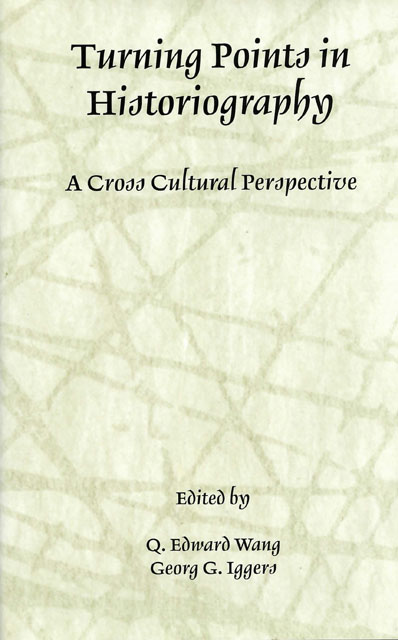Book contents
10 - China’s Search for National History
Published online by Cambridge University Press: 29 February 2024
Summary
This essay aims to trace the origin of national historical writing in twentiethcentury China, yet it is clear to the author that this can be a perplexing task, for the term “national history,” or kuo-shih, in modern Chinese is not a neologism; it is rather an old usage that has existed in Chinese historiography for a number of centuries. Referring to a contemporary account of the history of the reigning dynasty, “National history,” or Kuo-shih, first appeared in historical texts as early as the third century. It performed a similar function as the Shih-lu (veritable records) and Ch’i-chü-chu (court diary) and offered a useful basis for a much more comprehensive account to be compiled later by historians of the succeeding dynasty. In China's long historiographical tradition, therefore, the writing of national history had been an integral component of dynastic historiography, its most celebrated historical practice. However, towards the beginning of the twentieth century when China was forced to enter the West-centered “modern” world, the practice of dynastic historiography came under siege—Chinese intellectuals began to use the term “national history” again, only to assign it with a different meaning that heralded a new experience the country was to go through in the years to come.
This new Kuo-shih, or national history writing, as I would like to argue, marked a turning point in modern Chinese historiography in the early twentieth century. In order to show its importance, let us take a look at its earliest advocates, or Chinese national historians of their very first generation. As is well known, China's entrance to the modern world was not a pleasant experience; it was fraught with defeats and humiliations. These shattering defeats and shameful losses urged some Chinese to search for means to regain wealth and power (fu-ch’iang) in the world outside of their own. The protagonists of my study were such a pioneer group of intellectuals who, while receiving a classical education when young, relentlessly pursued a new knowledge offered by the new world. Most of them sojourned in post-Meiji Japan at the turn of the nineteenth and the twentieth centuries, where they were exposed to Western learning through Japanese translation. As national historians, therefore, their interest in national history was inspired by the works of Japanese and Western predecessors.
- Type
- Chapter
- Information
- Turning Points in HistoriographyA Cross-Cultural Perspective, pp. 185 - 208Publisher: Boydell & BrewerPrint publication year: 2001

